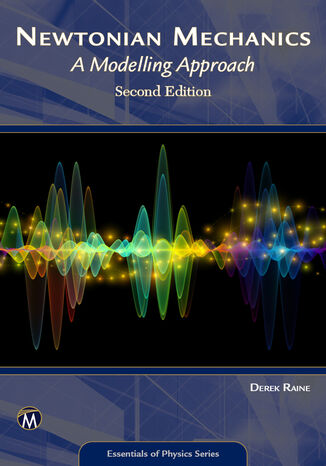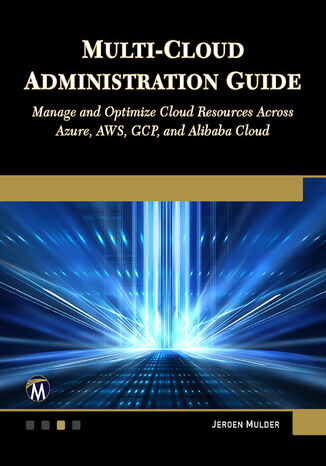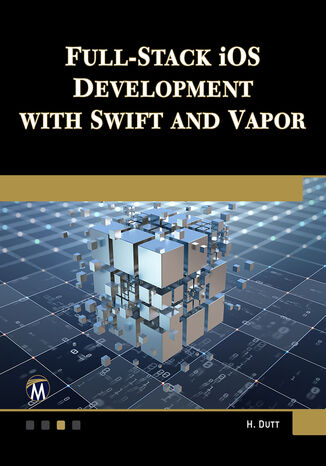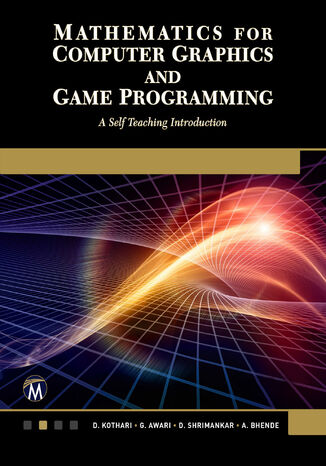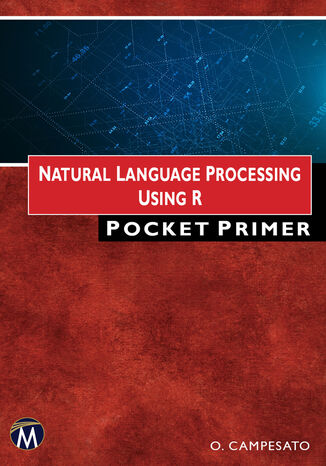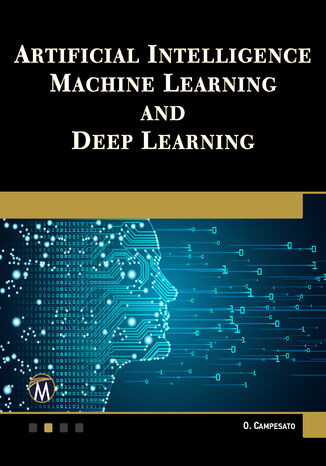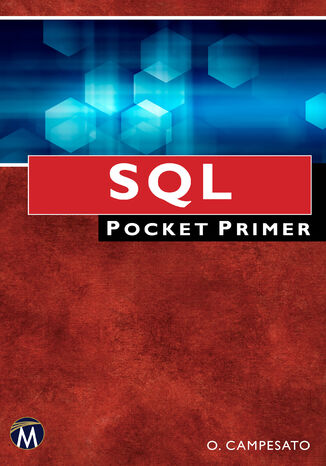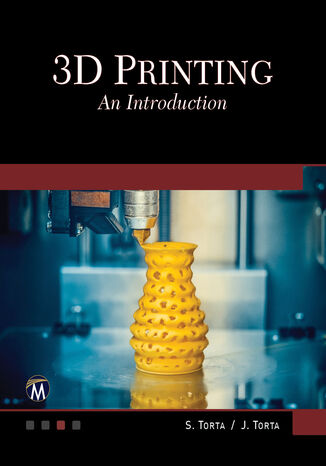Categories
Ebooks
-
Business and economy
- Bitcoin
- Businesswoman
- Coaching
- Controlling
- E-business
- Economy
- Finances
- Stocks and investments
- Personal competence
- Computer in the office
- Communication and negotiation
- Small company
- Marketing
- Motivation
- Multimedia trainings
- Real estate
- Persuasion and NLP
- Taxes
- Social policy
- Guides
- Presentations
- Leadership
- Public Relation
- Reports, analyses
- Secret
- Social Media
- Sales
- Start-up
- Your career
- Management
- Project management
- Human Resources
-
For children
-
For youth
-
Education
-
Encyclopedias, dictionaries
-
E-press
- Architektura i wnętrza
- Health and Safety
- Biznes i Ekonomia
- Home and garden
- E-business
- Ekonomia i finanse
- Esoterecism
- Finances
- Personal finance
- Business
- Photography
- Computer science
- HR & Payroll
- For women
- Computers, Excel
- Accounts
- Culture and literature
- Scientific and academic
- Environmental protection
- Opinion-forming
- Education
- Taxes
- Travelling
- Psychology
- Religion
- Agriculture
- Book and press market
- Transport and Spedition
- Healthand beauty
-
History
-
Computer science
- Office applications
- Data bases
- Bioinformatics
- IT business
- CAD/CAM
- Digital Lifestyle
- DTP
- Electronics
- Digital photography
- Computer graphics
- Games
- Hacking
- Hardware
- IT w ekonomii
- Scientific software package
- School textbooks
- Computer basics
- Programming
- Mobile programming
- Internet servers
- Computer networks
- Start-up
- Operational systems
- Artificial intelligence
- Technology for children
- Webmastering
-
Other
-
Foreign languages
-
Culture and art
-
School reading books
-
Literature
- Antology
- Ballade
- Biographies and autobiographies
- For adults
- Dramas
- Diaries, memoirs, letters
- Epic, epopee
- Essay
- Fantasy and science fiction
- Feuilletons
- Work of fiction
- Humour and satire
- Other
- Classical
- Crime fiction
- Non-fiction
- Fiction
- Mity i legendy
- Nobelists
- Novellas
- Moral
- Okultyzm i magia
- Short stories
- Memoirs
- Travelling
- Narrative poetry
- Poetry
- Politics
- Popular science
- Novel
- Historical novel
- Prose
- Adventure
- Journalism, publicism
- Reportage novels
- Romans i literatura obyczajowa
- Sensational
- Thriller, Horror
- Interviews and memoirs
-
Natural sciences
-
Social sciences
-
School textbooks
-
Popular science and academic
- Archeology
- Bibliotekoznawstwo
- Cinema studies
- Philology
- Polish philology
- Philosophy
- Finanse i bankowość
- Geography
- Economy
- Trade. World economy
- History and archeology
- History of art and architecture
- Cultural studies
- Linguistics
- Literary studies
- Logistics
- Maths
- Medicine
- Humanities
- Pedagogy
- Educational aids
- Popular science
- Other
- Psychology
- Sociology
- Theatre studies
- Theology
- Economic theories and teachings
- Transport i spedycja
- Physical education
- Zarządzanie i marketing
-
Guides
-
Game guides
-
Professional and specialist guides
-
Law
- Health and Safety
- History
- Road Code. Driving license
- Law studies
- Healthcare
- General. Compendium of knowledge
- Academic textbooks
- Other
- Construction and local law
- Civil law
- Financial law
- Economic law
- Economic and trade law
- Criminal law
- Criminal law. Criminal offenses. Criminology
- International law
- International law
- Health care law
- Educational law
- Tax law
- Labor and social security law
- Public, constitutional and administrative law
- Family and Guardianship Code
- agricultural law
- Social law, labour law
- European Union law
- Industry
- Agricultural and environmental
- Dictionaries and encyclopedia
- Public procurement
- Management
-
Tourist guides and travel
- Africa
- Albums
- Southern America
- North and Central America
- Australia, New Zealand, Oceania
- Austria
- Asia
- Balkans
- Middle East
- Bulgary
- China
- Croatia
- The Czech Republic
- Denmark
- Egipt
- Estonia
- Europe
- France
- Mountains
- Greece
- Spain
- Holand
- Iceland
- Lithuania
- Latvia
- Mapy, Plany miast, Atlasy
- Mini travel guides
- Germany
- Norway
- Active travelling
- Poland
- Portugal
- Other
- Przewodniki po hotelach i restauracjach
- Russia
- Romania
- Slovakia
- Slovenia
- Switzerland
- Sweden
- World
- Turkey
- Ukraine
- Hungary
- Great Britain
- Italy
-
Psychology
- Philosophy of life
- Kompetencje psychospołeczne
- Interpersonal communication
- Mindfulness
- General
- Persuasion and NLP
- Academic psychology
- Psychology of soul and mind
- Work psychology
- Relacje i związki
- Parenting and children psychology
- Problem solving
- Intellectual growth
- Secret
- Sexapeal
- Seduction
- Appearance and image
- Philosophy of life
-
Religion
-
Sport, fitness, diets
-
Technology and mechanics
Audiobooks
-
Business and economy
- Bitcoin
- Businesswoman
- Coaching
- Controlling
- E-business
- Economy
- Finances
- Stocks and investments
- Personal competence
- Communication and negotiation
- Small company
- Marketing
- Motivation
- Real estate
- Persuasion and NLP
- Taxes
- Social policy
- Guides
- Presentations
- Leadership
- Public Relation
- Secret
- Social Media
- Sales
- Start-up
- Your career
- Management
- Project management
- Human Resources
-
For children
-
For youth
-
Education
-
Encyclopedias, dictionaries
-
E-press
-
History
-
Computer science
-
Other
-
Foreign languages
-
Culture and art
-
School reading books
-
Literature
- Antology
- Ballade
- Biographies and autobiographies
- For adults
- Dramas
- Diaries, memoirs, letters
- Epic, epopee
- Essay
- Fantasy and science fiction
- Feuilletons
- Work of fiction
- Humour and satire
- Other
- Classical
- Crime fiction
- Non-fiction
- Fiction
- Mity i legendy
- Nobelists
- Novellas
- Moral
- Okultyzm i magia
- Short stories
- Memoirs
- Travelling
- Poetry
- Politics
- Popular science
- Novel
- Historical novel
- Prose
- Adventure
- Journalism, publicism
- Reportage novels
- Romans i literatura obyczajowa
- Sensational
- Thriller, Horror
- Interviews and memoirs
-
Natural sciences
-
Social sciences
-
Popular science and academic
-
Guides
-
Professional and specialist guides
-
Law
-
Tourist guides and travel
-
Psychology
- Philosophy of life
- Interpersonal communication
- Mindfulness
- General
- Persuasion and NLP
- Academic psychology
- Psychology of soul and mind
- Work psychology
- Relacje i związki
- Parenting and children psychology
- Problem solving
- Intellectual growth
- Secret
- Sexapeal
- Seduction
- Appearance and image
- Philosophy of life
-
Religion
-
Sport, fitness, diets
-
Technology and mechanics
Videocourses
-
Data bases
-
Big Data
-
Biznes, ekonomia i marketing
-
Cybersecurity
-
Data Science
-
DevOps
-
For children
-
Electronics
-
Graphics/Video/CAX
-
Games
-
Microsoft Office
-
Development tools
-
Programming
-
Personal growth
-
Computer networks
-
Operational systems
-
Software testing
-
Mobile devices
-
UX/UI
-
Web development
-
Management
Podcasts
Mercury Learning and Information, Derek Raine
Newtonian mechanics is fundamental in physics education due to its intellectual significance, diverse applications, and its role in teaching modeling and problem-solving. This text covers both introductory and advanced topics, making it suitable for extended study. Emphasizing problem-solving, it guides readers through the process of constructing models and finding solutions, thus enhancing their analytical skills.Starting with mechanical models and forces, the course progresses through kinematics, energy, and motion, providing a solid foundation. Further chapters delve into momentum, orbital motion, and oscillations, offering insights into dynamic systems. Advanced topics like rigid bodies, stability of motion, and Lagrangian and Hamiltonian mechanics ensure a comprehensive understanding.The journey through this course equips learners with the skills to approach complex problems, construct effective models, and develop robust solutions, making it invaluable for students aiming to excel in physics and related fields.
Mercury Learning and Information, Jeroen Mulder
This is a comprehensive resource designed for IT professionals and cloud architects navigating the complexities of multi-cloud environments. As organizations increasingly adopt multi-cloud strategies, this guide provides essential frameworks and practical insights into managing and optimizing cloud resources across major platforms, including AWS, Azure, GCP, and Alibaba Cloud.The book begins with an exploration of Cloud Adoption Frameworks (CAFs), offering a structured approach to cloud adoption that emphasizes governance, security, and operational excellence. Subsequent chapters delve into key aspects of cloud administration, such as virtualizing and managing connectivity, storage, and compute resources. The guide also addresses advanced topics like creating interoperability between clouds, managing data governance, and ensuring data security across multiple cloud platforms.In addition to technical insights, the guide covers critical areas like access management, cloud security, and compliance automation, equipping readers with the knowledge to secure and streamline multi-cloud operations. By offering best practices, real-world examples, and in-depth analyses, this book empowers professionals to efficiently manage multi-cloud environments and leverage the full potential of cloud technologies.
Mercury Learning and Information, Hem Dutt
This is a comprehensive guide designed to equip developers with the skills to seamlessly integrate back-end and front-end technologies using Swift and Vapor. The book starts with an overview of full-stack development, including the history and advantages of this approach, before diving into the essential tools and environments needed to get started. Readers will learn how to set up Xcode and the Vapor toolbox, create routes, and implement MVC patterns in Vapor, as well as work with JSON data.The book then covers advanced topics such as asynchronous programming, HTML rendering, PostgreSQL integration, and error handling within Vapor. Simultaneously, it guides readers through building sophisticated iOS user interfaces using Auto Layout, SwiftUI, and Core Data for data persistence. The content culminates in a full-stack implementation that brings together server-side logic and a connected iOS application, followed by discussions on advanced topics like middleware, WebSockets, and security.Finally, the book provides in-depth instructions on deploying iOS and Vapor applications using Heroku, Docker, and the App Store. Throughout, real-world projects and exercises reinforce learning, making this an indispensable resource for mastering full-stack iOS development.
Mercury Learning and Information, D. P. Kothari, G. Awari, D. Shrimankar, ...
This book explains the mathematical concepts in computer graphics, ideal for courses in graphics, engineering, game development, and industry professionals. It starts with how images are generated on screens and covers algorithms for creating simple geometry. The book progresses through two-dimensional and three-dimensional transformations, parametric representation of planar and space curves like cubic splines and Bezier curves. It also includes programming in C, OpenGL, and methods for generating 3D models.The course begins with an introduction to computer graphics and vector representation of geometric entities. It then covers 2D and 3D transformations, parametric representation of curves and surfaces, windowing and clipping, and generating 3D models. The final chapters focus on projections and programming graphics using C and OpenGL.Understanding these concepts is crucial for mastering computer graphics. This book transitions readers from basic concepts to advanced techniques, blending theoretical knowledge with practical skills. It is an essential resource for mastering the mathematical foundations and programming techniques in computer graphics.
Mercury Learning and Information, Oswald Campesato
This book is for developers seeking an overview of basic concepts in Natural Language Processing (NLP). It caters to a technical audience, offering numerous code samples and listings to illustrate the wide range of topics covered. The journey begins with managing data relevant to NLP, followed by two chapters on fundamental NLP concepts. This foundation is reinforced with Python code samples that bring these concepts to life.The book then delves into practical NLP applications, such as sentiment analysis, recommender systems, COVID-19 analysis, spam detection, and chatbots. These examples provide real-world context and demonstrate how NLP techniques can be applied to solve common problems. The final chapter introduces advanced topics, including the Transformer architecture, BERT-based models, and the GPT family, highlighting the latest state-of-the-art developments in the field.Appendices offer additional resources, including Python code samples on regular expressions and probability/statistical concepts, ensuring a well-rounded understanding. Companion files with source code and figures enhance the learning experience, making this book a comprehensive guide for mastering NLP techniques and applications.
Mercury Learning and Information, Oswald Campesato
This book introduces AI, then explores machine learning, deep learning, natural language processing (NLP), and reinforcement learning. Readers learn about classifiers like logistic regression, k-NN, decision trees, random forests, and SVMs. It delves into deep learning architectures such as CNNs, RNNs, LSTMs, and autoencoders, with Keras-based code samples supplementing the theory.Starting with a foundational AI overview, the course progresses into machine learning, explaining classifiers and their applications. It continues with deep learning, focusing on architectures like CNNs and RNNs. Advanced topics include LSTMs and autoencoders, essential for modern AI. The book also covers NLP and reinforcement learning, emphasizing their importance.Understanding these concepts is vital for developing advanced AI systems. This book transitions you from beginner to proficient AI practitioner, combining theoretical knowledge and practical skills. Appendices on Keras, TensorFlow 2, and Pandas enrich the learning experience. By the end, readers will understand AI principles and be ready to apply them in real-world scenarios.
SQL Pocket Primer. A Comprehensive Guide to SQL and MySQL for Data Professionals
Mercury Learning and Information, Oswald Campesato
As part of the best-selling Pocket Primer series, this book is designed for data scientists and machine learning engineers seeking to deepen their SQL knowledge using MySQL as the primary RDBMS. It features Python-based code samples for accessing data from MySQL tables in Pandas data frames and Java-based samples for data access in MySQL, along with handling XML and JSON documents.The book also introduces NoSQL, with an overview of MongoDB, and SQLite, an open-source RDBMS for mobile devices. The final section covers diverse topics like normalization, schemas, database optimization, and performance. This comprehensive approach ensures a well-rounded understanding of SQL and related technologies, enhancing data manipulation and database management skills.Numerous code samples and listings throughout the book support the various topics covered. Companion files with source code and figures are available from the publisher, making this an essential resource for advancing your SQL proficiency and database management expertise.
3D Printing. The Complete Guide to Mastering 3D Printing Techniques
Mercury Learning and Information, Stephanie Torta, Jonathan Torta
This book offers a comprehensive introduction to the field of 3D printing, covering its applications in industry, education, and the DIY community. It delves into common 3D printers, materials, and software, guiding you through setting up your own printer and performing essential calibration tasks. Through full-color images, you’ll learn about various printing methods, best practices, and how to finish your projects successfully.The book is divided into three parts: the first part provides a history and evolution of 3D printers, highlighting their industrial and personal use. The second part walks you through setting up a 3D printer, from initial hardware calibration to software functionalities and acquiring 3D objects. You’ll also find step-by-step guides for three different projects.The final part helps you choose the right printer, explains common features, and explores post-market modifications. Understanding 3D printing is crucial as it revolutionizes manufacturing and prototyping processes, enabling creativity and innovation in various fields. This book ensures a smooth journey from a novice to a confident 3D printing enthusiast, equipped with practical skills and knowledge. Companion files with videos, printable objects, and additional lessons enhance your learning experience.

